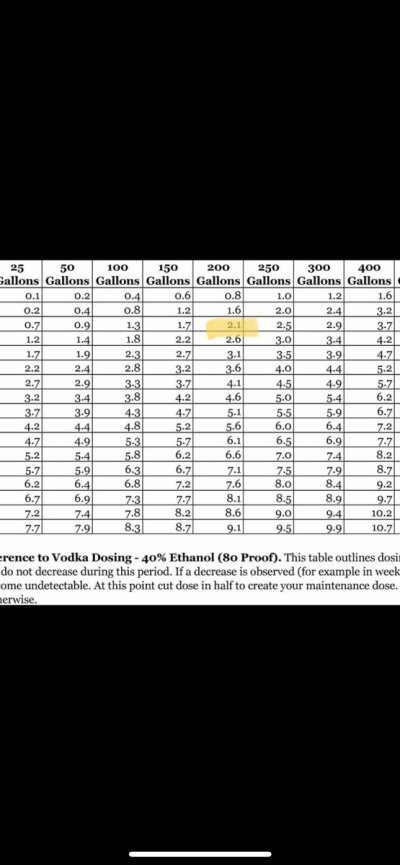Randy Holmes-Farley
Reef Chemist
View Badges
Staff member
Super Moderator
Excellence Award
Expert Contributor
Article Contributor
R2R Research
My Tank Thread
- Joined
- Sep 5, 2014
- Messages
- 67,276
- Reaction score
- 63,619
Personal communication from Dr. Forest Rowher:
Dear Carlos,
Thanks for the inquiry. DOC versus oxygen is pretty complicated, particularly because DOC is so hard to measure.
1) Excess (1-5 micromolar) dissolved organic carbon (DOC), coupled with declines in oxygen concentrations, is the primary cause of coral reef decline.
2) Excess DOC is countered by adding more oxygen. This is common in aquarium systems.
3) It is possible to use dissolved organic carbon plus oxygen to speed up remineralization of nitrogenous compounds. You need the organic carbon to stimulate the denitrifying communities. The oxygen keeps the heterotrophic bacteria from growing out of control and killing the animals.
4) Our experiments showed that DOC, not nutrients, kill corals via microbial activity (that's why we can block it with antibiotics). This is what is happening on coral reefs. Aquariums are different because various nitrogen compounds accumulate, which doesn't happen on coral reefs until things are really bad.
5) Pulses of DOC are probably fine to help stimulate denitrification in aquariums. Just make sure to keep the oxygen concentrations up.
6) We've actually been testing how to increase oxygen & limit DOC in Puerto Rico
Sincerely,
Forest
Second reply:
Dear Carlos,
1) Yes, the Arks project in Vieques is a direct test of DOC versus oxygen. Basically, by moving the coral & associated invertebrates higher into the water column, we observe that the microbial community behaves more like a pristine reef. As is usual with DOC and oxygen, it is a combination of increasing the oxygen from the surrounding water & decreasing the DOC produced by the macroalgae.
2) Yes, please feel free to share the comments with aquarists that are interested.
Sincerely,
Forest
Thanks. Those comments, most of which I do not disagree with, do not alter my opinion of it not being especially relevant to our situations.



















